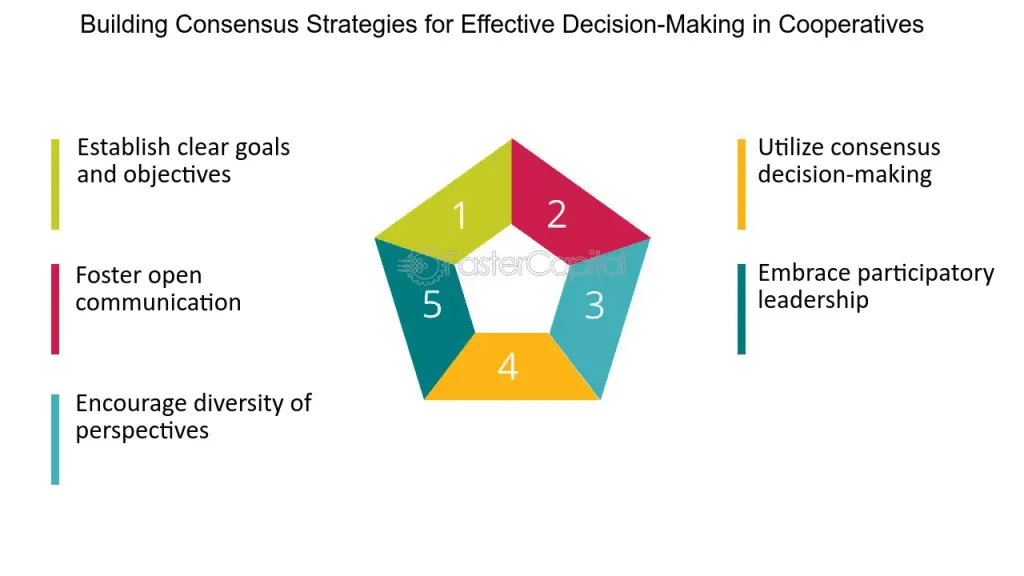
Voting is crucial in shaping communities by empowering citizens to make collective decisions that impact their daily lives. Through elections, individuals contribute to selecting leaders, passing laws, and implementing policies that reflect their values and needs. The process strengthens community bonds by fostering participation and encouraging discussions on important issues such as education, healthcare, and public safety. When people vote, they take responsibility for the future of their community, ensuring that it evolves in a way that benefits everyone. Collective decision-making through voting shapes policies and enhances accountability and trust in local governance.
Introduction: The Role of Voting in Society
Voting is more than just a fundamental right; it’s an integral component of democratic societies that transforms the desires of individuals into collective action. It’s the foundational mechanism through which citizens express their preferences about how they wish to be governed. The question remains: Why is it important to vote? At its core, voting serves as the public’s voice in government decisions, enabling a conversation between the electorate and those in power. Whether it’s a presidential election or a local council vote, the influence of voting extends beyond immediate results, cultivating societal norms and values over time. This participative act ensures that governance remains an instrument of public will, echoing the needs and aspirations of its people.
The Influence of Voting on Community Development
Through the lens of community development, the voting process wields transformative power. With elections dictating the scope and focus of public policy, citizens can direct attention toward areas needing improvement. Whether advocating for better schools, improved public transportation, or enhanced healthcare facilities, voters play a crucial role in determining which initiatives receive funding and support. Community members can propel their neighborhoods toward growth and innovation by democratically voicing their preferences. This amplified influence is evident in the revitalization projects and public service improvements that often follow electoral victories focused on community well-being.
Why Every Vote Counts
The significance of each vote can never be understated. While the scale of national elections might make individuals feel like a single vote carries little weight, history tells a different story. Numerous polls have been won—or lost—by the slimmest of margins. Each ballot contributed significantly to the outcome in these situations, reinforcing that democracy is built on the foundation of individual voices coming together. Beyond quantitative impact, voting instills a sense of accountability and responsibility. Participating in elections means standing up for one’s beliefs and aspirations, ensuring they are represented in the political landscape.
Local Governance and Voter Participation
Effective local governance relies heavily on the active participation of voters. Local elections matter greatly, as they appoint officials for decisions directly impacting residents’ everyday lives. The more engaged voters are, the better the chance to elect leaders who genuinely represent their communities’ interests and priorities. The National League of Cities highlights how these officials shape policies that affect local economies, education systems, public safety, and more. By voting, citizens ensure their representatives are attuned to local needs and empowered to implement beneficial policies and initiatives.
Voting Barriers and How to Get Past Them
Despite the importance of voting, multiple barriers can hinder even the most willing citizens from participating. Factors such as confusing registration requirements, limited access to polling stations, and misinformation campaigns can discourage voter turnout. To promote an inclusive democratic process, these issues must be addressed. Among the solutions are:
- Simplifying voter registration processes.
- Increasing the availability of absentee and early voting.
- Providing clear, accessible information about when and how to vote.
Efforts like these are imperative to lowering the barriers and encouraging more involvement from all societal sectors.
Encouraging Civic Engagement
Creating a vibrant culture of civic engagement starts with education and involvement from a young age. Communities can foster a culture where voting is viewed as both a right and a civic duty by integrating practical civic education in schools and organizing community events celebrating electoral participation. These efforts often focus on reaching underrepresented groups, ensuring that every voice has the chance to be heard. Insights from the Pew Research Center show that targeted initiatives can help overcome traditional disengagement and empower voters, bringing diverse perspectives to the forefront of civic discussions.
Real-Life Examples of Voting Impact
Throughout history, there have been numerous instances where voting has catalyzed significant societal change. For example, the Civil Rights Movement in the United States achieved pivotal milestones primarily through heightened voter mobilization and advocacy, leading to landmark legislation that dismantled systemic segregation. Similarly, local referendums around the globe have led to substantial changes, such as the legalization of same-sex marriage in various regions, reflecting the evolving values of the citizenry. These examples highlight civic participation’s profound impact in shaping laws and societal norms that align with the populace’s values and aspirations.
Conclusion: Making Your Voice Heard
The essence of democracy is rooted in the power of the vote. As individuals navigate the complexities of societal change, voting remains the most explicit expression of their hopes and ideals. Through active participation, citizens ensure that their communities reflect the values they cherish, laying the groundwork for a responsive and inclusive governance. Each election cycle represents an opportunity to renew this commitment to collective decision-making, underscoring the continuous need for engagement and the unwavering importance of each voice in the chorus of democracy.
Hey, Molar is the voice behind this all-encompassing blog, sharing expert insights and practical advice on business, real estate, and more. Dedicated to helping you navigate the complexities of these fields, Kelly provides the latest trends, in-depth analyses, and creative strategies to elevate your ventures.